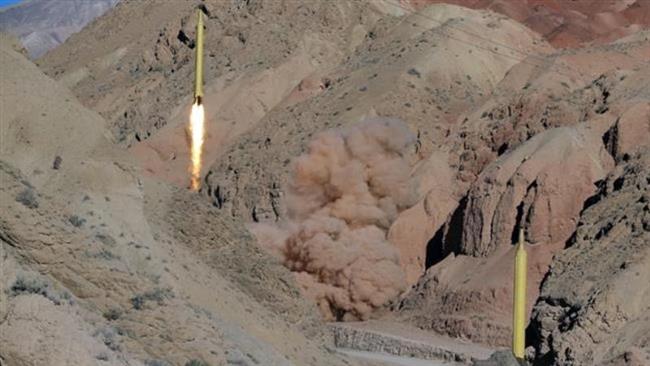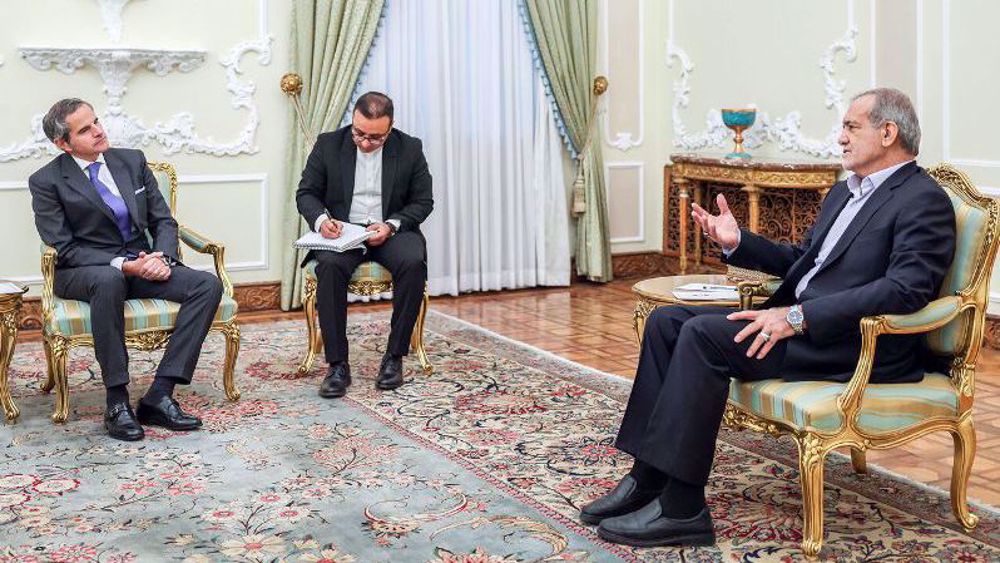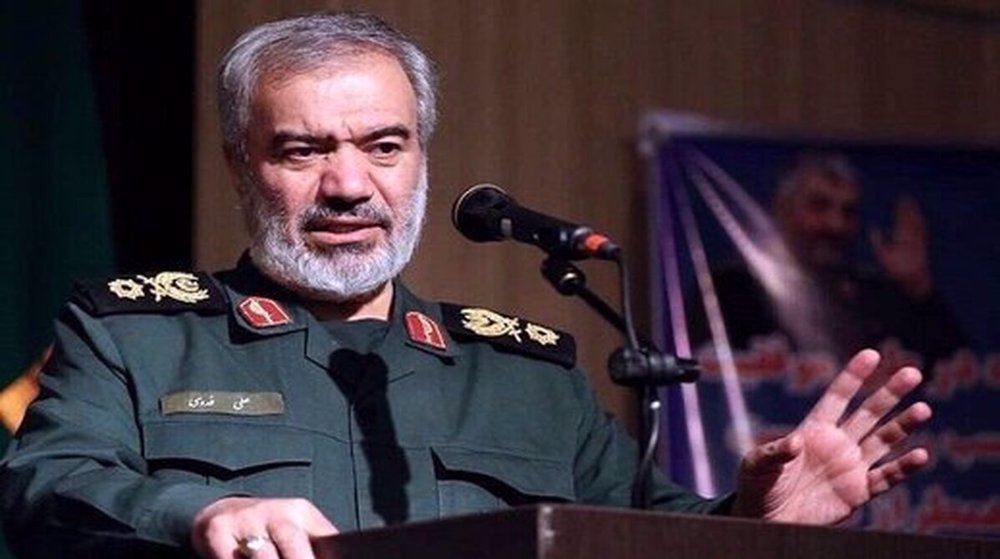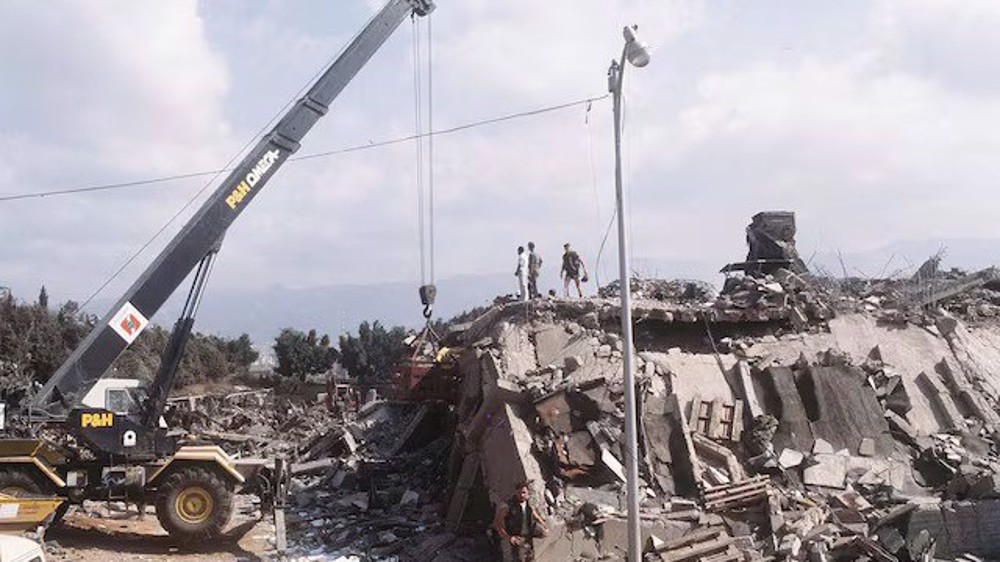Missile tests Iran’s inalienable defensive right: Qassemi
Iran says missile tests are an “inalienable and absolute” right of the Islamic Republic in order to defend its security and national interests, stressing that no country or international body can have any say in this regard.
“I emphasize the Islamic Republic of Iran’s principled stance that conducting any ballistic missile test by the Islamic Republic of Iran is in full compliance with its absolute rights and international obligations,” Iranian Foreign Ministry Spokesman Bahram Qassemi said on Tuesday.
He reaffirmed the “defensive nature” of Iran’s missile programs and said none of the country’s ballistic missiles had been designed to carry a nuclear warhead and they were, therefore, not banned under the United Nations Security Council Resolution 2231.
Resolution 2231 was adopted on July 20, 2015 to endorse a landmark nuclear agreement, known as the Joint Comprehensive Plan of Action (JCPOA), signed between Iran and the P5+1 group of countries.
Under the resolution, Iran is “called upon” not to undertake any activity related to missiles “designed to be capable of” delivering nuclear weapons. Iran says it is not involved in any such missile work and has no such warheads.

The Iranian spokesperson emphasized that Iran would never seek permission from anyone to defend itself.
He said the country’s ballistic missile tests are not inconsistent with the UNSC resolution and condemned politically-motivated comments made by certain countries over the issue.
Some individuals in the United States are creating hype with political objectives and seek pretexts to decrease the international pressure on them following the US government’s thoughtless decision to prevent the entry of people holding legal visas or shun the responsibility for fully complying with Washington's obligations under the 2015 nuclear agreement, Qassemi said.
However, he added, the Security Council Resolution 2231 does not grant anyone such excuses.
Iran’s Foreign Minister Mohammad Javad Zarif on Tuesday cautioned the United States against politicizing the Islamic Republic’s legitimate efforts at reinforcing its defense capabilities.
“We hope that the issue of Iran’s defense program… does not turn into a pretext for political games,” he said at a joint press conference with his visiting French counterpart Jean-Marc Ayrault in Tehran.
Read more:
Zarif said all the parties to the JCPOA, including both France and the previous US administration, have attested that Iran’s missile tests have nothing to do with the nuclear agreement.
Nabila Massrali, an EU foreign affairs spokeswoman, on Tuesday warned Iran over its ballistic missile tests.
She added, however, that since Iran's ballistic missile program was not included in the JCPOA, "the tests are not a violation."
Israel’s aggression inflicts $8.5 billion in economic losses on Lebanon: World Bank
Hezbollah attacks Israeli military bases in Tel Aviv, Haifa
Hezbollah strikes multiple Israeli targets in fresh retaliatory operations
VIDEO | New Zealand: Maori MPs protest in parliament with Haka war dance
Pezeshkian: World has come to believe Iran seeks peace, security
Houthi: US bombs inflame, escalate wars of extermination in West Asia
VIDEO | Press TV's news headlines
UN report says Israel’s methods in Gaza align with ‘genocide’










 This makes it easy to access the Press TV website
This makes it easy to access the Press TV website